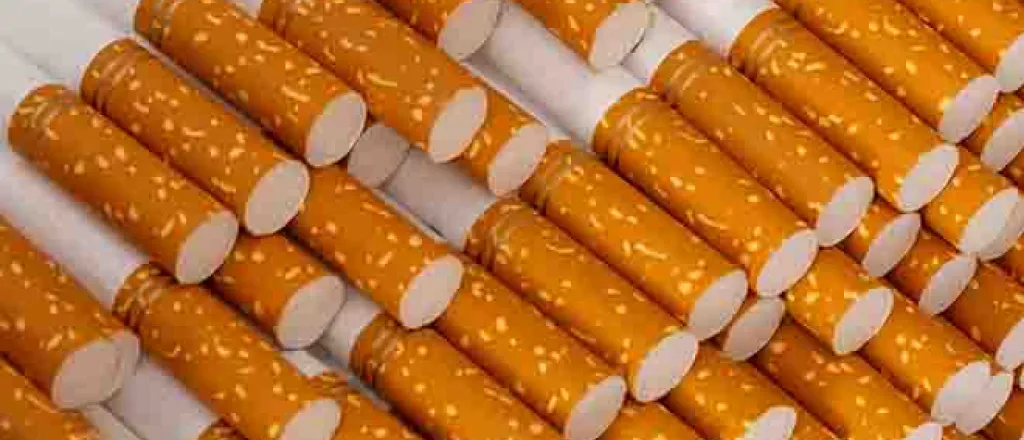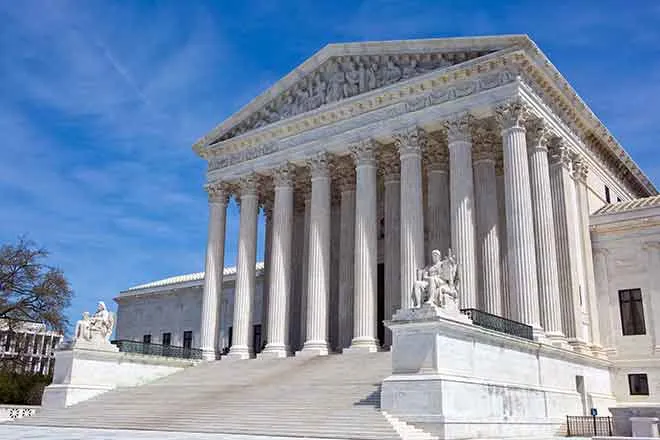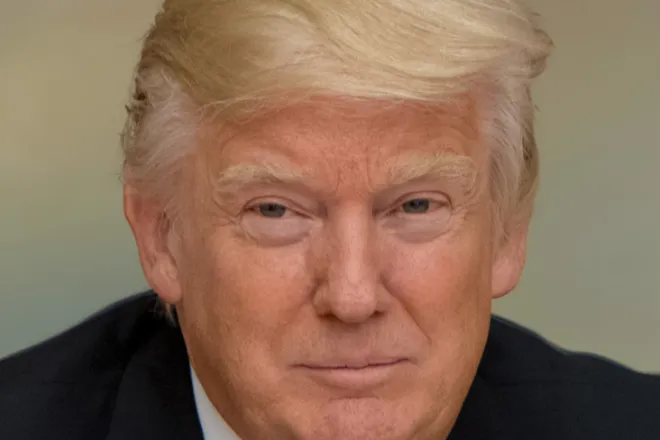
New Hampshire fuels cigarette black market
(The Center Square) – New Hampshire has the highest rate of illegal cigarette smuggling in the nation, according to a new report by a tax watchdog.
The report by the nonpartisan Tax Foundation ranked the Granite State as having the highest level of net outbound smuggling, at 52.4 percent of consumption, which is likely due to its relatively low tax rates and proximity to high-tax states in the region. The value of the outbound smuggling is estimated at nearly $68 million by the foundation.
New Hampshire was followed by Indiana, with 35.6 percent, Virginia, 27.6 percent, Idaho, 25.8 percent, and Wyoming, at 24.4 percent of tobacco flowing onto the illegal market, according to the report.
The report said the move by other Northeast states to raise cigarette taxes, and ban certain tobacco products have made cigarette smuggling both a national problem, and a lucrative criminal enterprise.
"People respond to incentives," said Adam Hoffer, the group's director of excise tax policy. "As tax rates increase or products are banned from sale, consumers and producers search for ways around these penalties and restrictions."
Hoffer said consumers often seek tobacco products in states where tax rates are lower and dealers "develop black and gray markets to sell illegally to consumers, paying little or no tax at all."
The Granite State currently charges $1.78 in cigarette excise taxes per pack, compared to $3.51 in neighboring Massachusetts and $3.08 in Vermont.
Besides higher taxes, changes in policy in neighboring states have also contributed to the outflow of illegal tobacco products from New Hampshire. Massachusetts banned flavored cigarettes and vaping products in 2020, and sales of those products in New Hampshire and Rhode Island were 10 percent higher in the next year, according to the report.
The report's authors said states and local governments have spent millions of dollars to combat cigarette smuggling.
"Recent policy responses include greater law enforcement activity on interstate roads, differential tax rates near low-tax jurisdictions, banning common carrier delivery of cigarettes, and cracking down on tribal reservations that sell tax-free cigarettes," they wrote.
The group's latest report on tobacco smuggling comes as the Biden Administration and the Food and Drug Administration are weighing new rules that would mandate a reduction of nicotine levels in cigarettes, by as much as 95 percent.
The rules, set to go into effect in May, would amount to a "prohibition on cigarettes," the report's authors noted.
"Overnight, all sales of traditional cigarettes would be classified as black market activity. Smuggling would skyrocket," they wrote. "Policymakers should consider the unintended consequences as they set rates and regulatory regimes for all tobacco and nicotine products."

















